Remote Rams
CSU graduate assistants Zoom in from overseas this semester story by Ayelet Golz published Oct. 21, 2020In March 2020, when the COVID-19 pandemic shifted the Colorado State University campus in Fort Collins to remote learning and working, some international students returned to their home countries to quarantine with their families.
Now some of these students are participating in Zoom calls from locations around the world as far away as Brazil, Chile, China, Kenya, India, and elsewhere.
International students who remained in Fort Collins over the summer, and started classes again in the hybrid model this fall, faced a difficult time filled with constant, confusing changes in guidance by the U.S. government regarding visas and other requirements that caused much anxiety and concern.
The international students who returned home – or new international graduate students coming to CSU this fall – encountered a different set of hurdles.
With U.S. consulates and embassies around the world closed for months (some remain closed today), visa application delays and backlogs for international students grew and will continue as officials struggle to catch up. If students did not receive their visas, they were not able to come to the U.S. for their studies.
In addition, the U.S. still has one of the highest COVID infection and mortality rates in the world. International students and their families were afraid to travel overseas to a new place during this time of great uncertainty. While it’s hard for everyone to fathom what might happen in the months ahead, international students must also try to decipher what life looks like when they are far from familiar support systems.
Amidst all the uncertainty, some graduate students have been able to start work on graduate assistantships for CSU from their home countries. A graduate assistantship is a way for graduate students to work, assisting faculty with classes or research for a certain number of hours per week. Assistantships provide students with much-needed stipend support as well as other benefits, including tuition coverage.
“Colorado State University is internationally known for the quality and impact of its research and scholarly activities, and many international students dream of coming here to earn an advanced degree. At the same time, CSU and the Graduate School recognize that creativity, intellect, and talent know no geographical or political boundaries, and we want the world’s best students to study and train here,” said Mary Stromberger, vice provost for Graduate Affairs and dean of the Graduate School. “Thanks to the work of many, including CSU’s tax manager, we found a way for departments to employ students abroad.”
Six graduate assistant students shared their challenges and unexpected benefits of working for CSU while overseas to give us a glimpse into their daily lives since the beginning of the pandemic.
Challenges
Navigating time zone differences
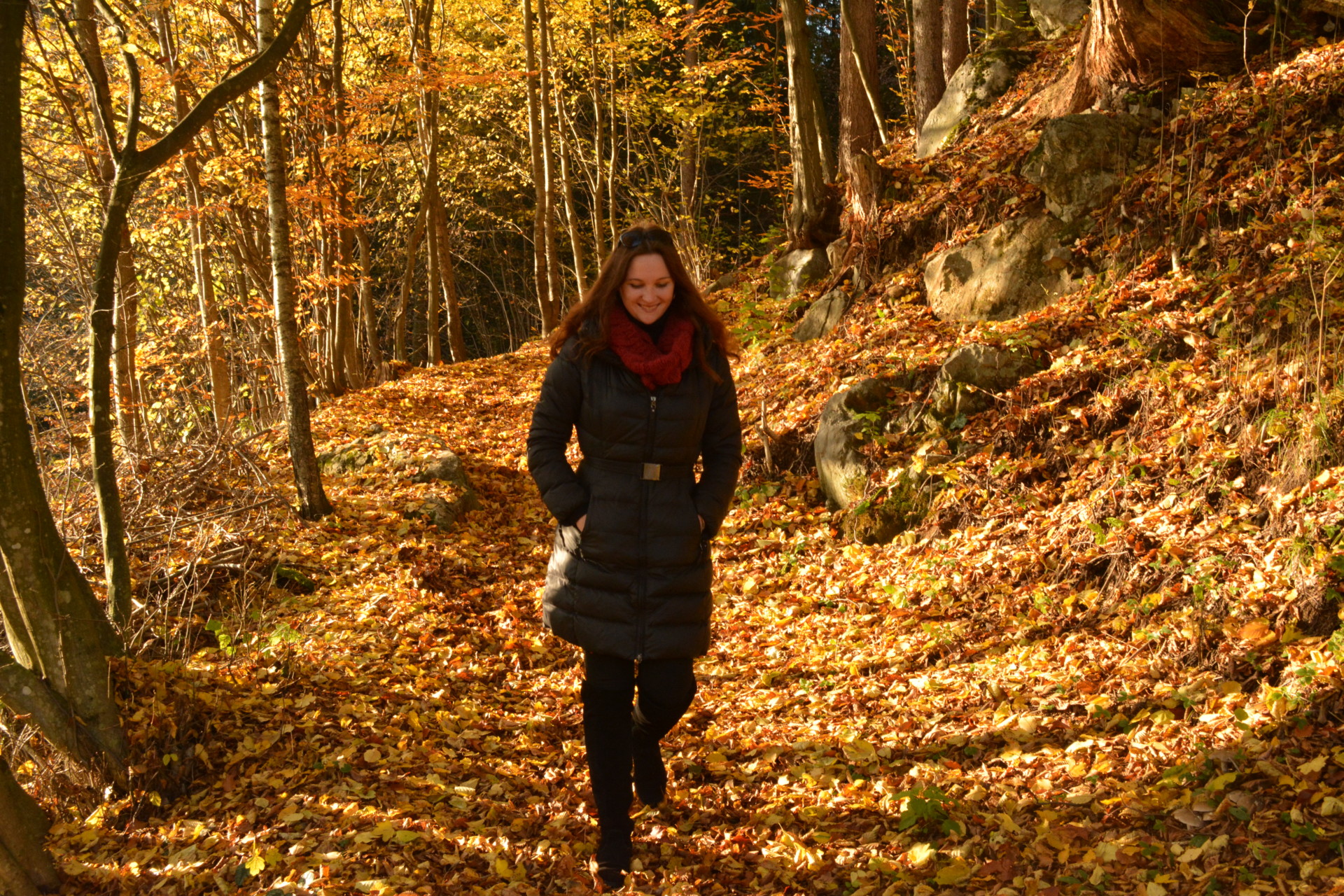
Verena Knerich is working as a teaching and research assistant with the College of Liberal Arts while in Germany.
Several of the international grad students mentioned how they have had to adjust to significant time zone differences. Others, such as those in Brazil or Chile, are only three hours ahead of Colorado.
“One of the main challenges with working remotely is the time difference between Kenya and Colorado,” explained Fancy Cheptonui, who works on methane leak detection model research for the Walter Scott, Jr. College of Engineering. Where she lives is nine hours ahead of CSU. “For instance, if I need data or clarification on something, I have to wait until 6 p.m. (Kenyan time) to get in touch with my supervisors and professors.”
Katya Zhao, who lives in China, is a first-year Ph.D. student in the Department of Anthropology and Geography in the College of Liberal Arts. She assists her instructor with classwork, discussions, and office hours to help students understand anthropological concepts better – and feels the time zone crunch.
“Time differences can be brutal. I am 14 hours ahead of Fort Collins and my Anthropology 100 lecture goes from 11:30 p.m. to 12:45 a.m.,” she said. “Along with my own courses, I’m staying up all night with a 2.5 hour sleeping break. I realized that even though I still have the same amount of time, everything seems to take longer and is more difficult.”
Verena Knerich, who is working as a teaching and research assistant with the College of Liberal Arts while in Germany, also feels the time stress. “Even though the faculty and my peers have been very accommodating and understanding, I had to change my work schedule entirely. While all my friends and family here get off work at about 5 to 6 p.m., that’s about when my workday starts and then lasts until late at night. As you can imagine, this makes it very hard to stay in touch with my local friends, build relationships to my U.S. peers, and find a healthy work-life balance.”
Building relationships with students, faculty, or colleagues
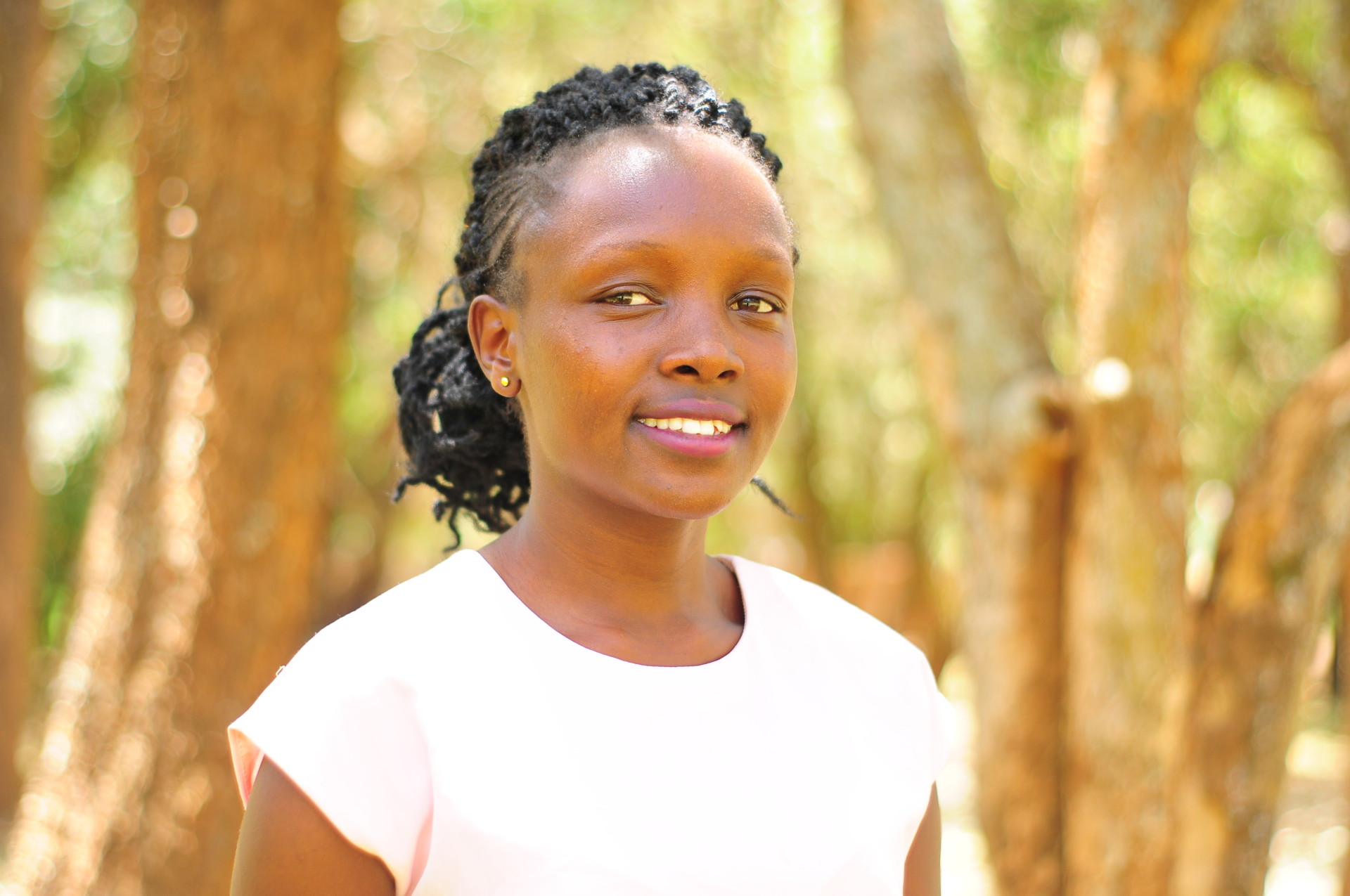
Fancy Cheptonui, who is from Kenya, works on methane leak detection model research for the Walter Scott, Jr. College of Engineering.
Even though all of the international grad students were happy to be close to their families, they were having a hard time building relationships from afar with students, faculty, and colleagues.
“One of my duties is engagement with students and the remote format makes it harder. Particularly, I feel like being a teaching assistant remotely is not as exciting as in person,” said Lucas Avelar, a graduate assistant in the College of Liberal Arts who is living in Rio de Janeiro, Brazil. “If I could, I would choose to be on campus. Personal interactions are an important aspect of my role as a graduate teaching assistant, which encourages students to feel more engaged and less hesitant in reaching out to me whenever they need.”
On the flip side, he also noted one advantage was that it’s easier to manage his time while being a teaching assistant remotely.
“It is challenging to understand research concepts from virtual explanations,” remarked Cheptonui from Kenya. “On my side, explaining my work at times is more of a problem than if I would be in Fort Collins. I miss showcasing my skills and knowledge in a physical laboratory. I miss face-to-face interaction with classmates, supervisor and professors.”
Daniel Veloso-Aguila, who lives in Chile and is part of the Walter Scott, Jr. College of Engineering’s Department of Atmospheric Science, added that he misses “the intercultural exchange; that feeling of being part of a big, new community where I have so much to learn and contribute at the same time.”
Knerich in Germany noted, “since you, as the remote student, don’t really have access to support or peers that can relate to what you are going through, you are caught between a rock and a hard place: you wish to share your experiences, yet you don’t want this to be the sole expression conveyed nor seem dismissive toward potentially greater challenges your American peers may be facing (e.g. wildfires and a turbulent election).”
Having never been to Fort Collins
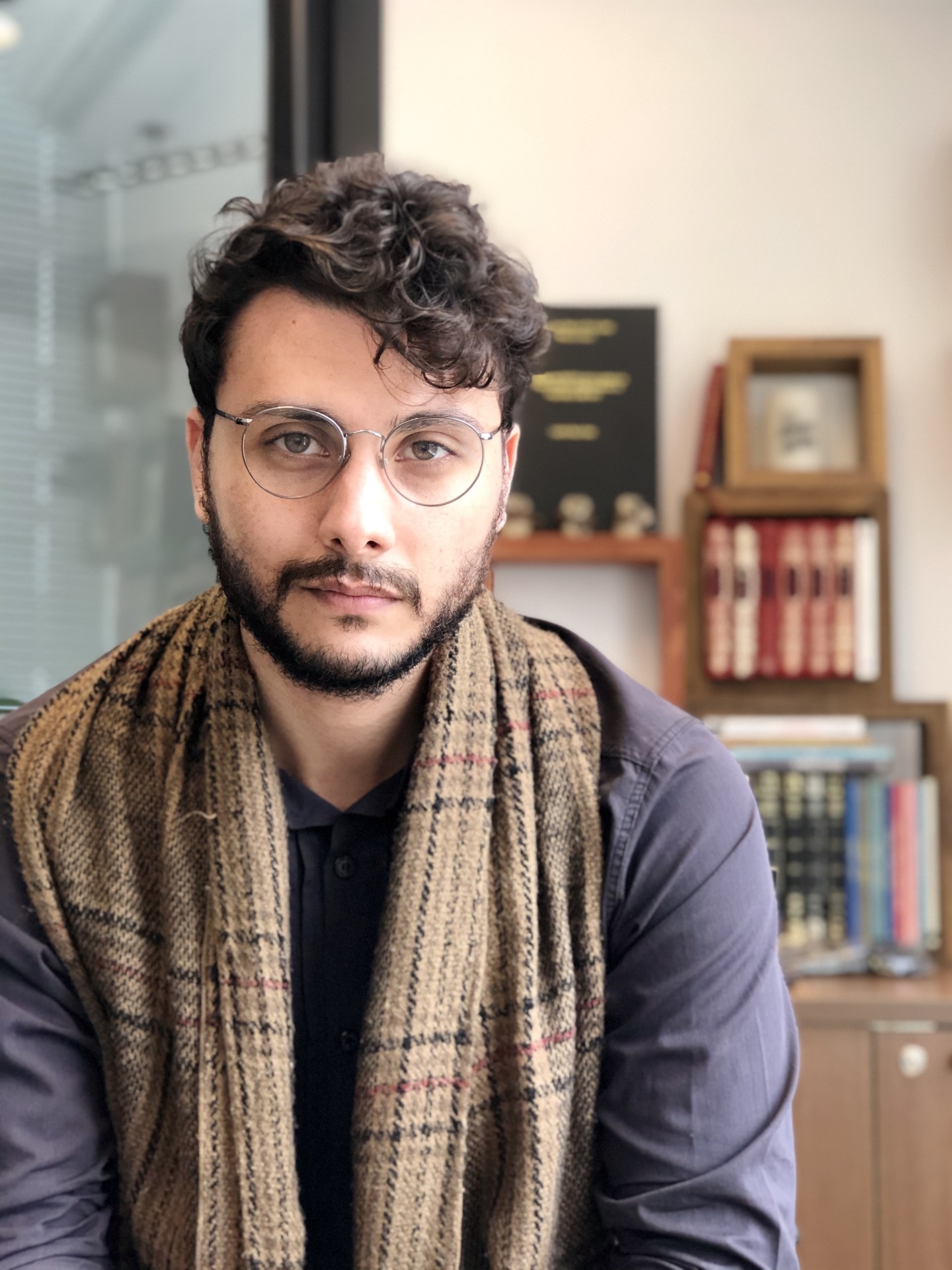
Lucas Avelar is a College of Liberal Arts graduate assistant who is living in Rio de Janeiro.
While this may be a weird year for those who have studied and worked on campus in the past, it has been an especially strange beginning for those who have never even been to Fort Collins before. They do not have established connections with colleagues and faculty, and cannot be buoyed by visions of strolling across the Oval or stopping by Mugs for a coffee break with friends, because they’ve never done it before.
“Unfortunately, I have not been in Fort Collins yet and I feel so excited to know this beautiful city,” Avelar said from Brazil. “I can’t say I ‘miss’ Fort Collins, but I can surely say I would rather be there already and enjoy the pretty mountain views, get to know Old Town and ride a bike through campus.”
Uncertainty appears to be the only certainty for everyone around the globe related to this pandemic.
“I don’t know if and when I can actually go to CSU — I’m waiting for the U.S. embassy and consulates in China to start processing student visas,” Zhao explained. “This likely will not happen soon, even though in most other countries, international students are able to get visas and many are already on campus.”
All that being said, there are some unexpected benefits to living overseas during this pandemic.
Benefits
Being close to family and friends
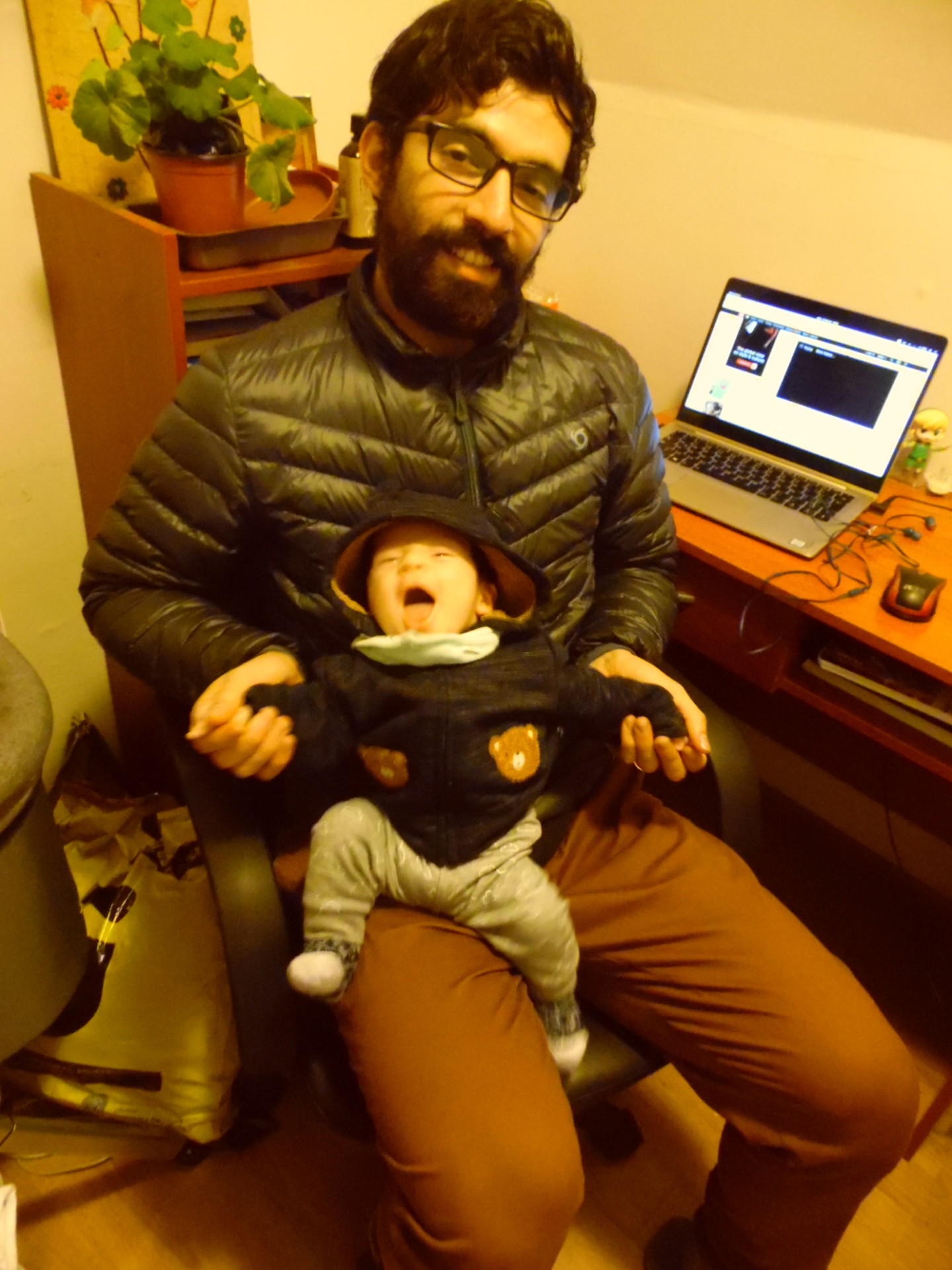
Daniel Veloso-Aguila, who lives in Chile, is part of the Walter Scott, Jr. College of Engineering’s Department of Atmospheric Science.
The pandemic reminded many of us of the importance of savoring family and friends in our lives and all six of the international grad students interviewed mentioned this was true for them.
“I’m still able to visit my parents and parents-in-law. I love when my baby visits his grandparents,” explained Veloso-Aguila, currently in Chile, who expects to be in Fort Collins next semester. “I also enjoy it because I know that I’m leaving my country very soon so we won’t be able to see each other as frequently anymore.”

Vinicius Cicero, who works in the Department of Economics in the College of Liberal Arts, also mentioned the importance of being at home during this time.
“I think the best part of being in Brazil is the closeness to my family, something that I consider a lot.”
Fellow Brazilian Avelar agreed.
“I am close to my family and friends, and I love my city – Rio de Janeiro,” he said. “This is the start of a new moment of my life and I feel grateful that I can go through this while still close to my family. Even though I’m excited to know Fort Collins, I know for sure that I am going to miss home.”
“It feels comforting to have access to your usual environment, be it social or physical,” explained Knerich. “Considering that 2020 is ripe with issues, I don’t know if I would have been able to find good accommodation and friends, familiarize myself with the system plus school requirements, and handle cultural differences while tackling a pandemic, natural disasters, and social issues all at the same time. This way, I can ease into it step by step despite the novel experience of being remote.”
Exploring close to home
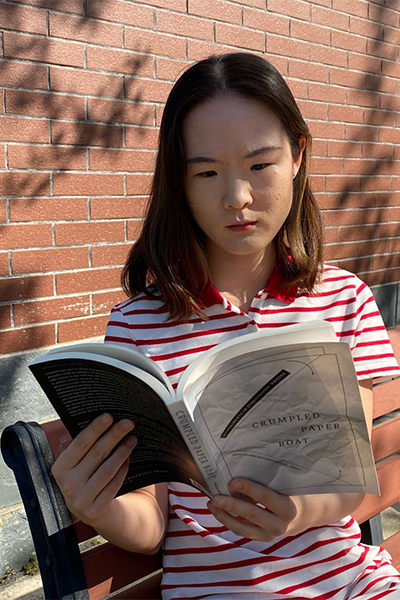
Katya Zhao, who lives in China, is a Ph.D. student in the Department of Anthropology and Geography in the College of Liberal Arts.
Another big advantage that many international grad students living overseas mentioned was that they were now able to experience parts of home that they haven’t experienced in years due to school schedules.
“I miss autumn at home,” remarked Zhao in China. “I haven’t been able to enjoy the fall season here for quite a few years, so it’s nice to see the beautiful sceneries around. There are a few hiking places around I really enjoy.”
“I love the environment and the amazing natural resources in Kenya,” added Cheptonui. “I love the beautiful view and forests in the Great Rift Valley. All these coupled with extraordinary and diverse culture of people living in Kenya.”
Nature and hiking have been a balm for the soul for many across the world during this pandemic, and it’s heartening to hear that others are coping with the pandemic in similar ways. While all the international grad students were happy to be close to their families and enjoying the part of the world where they live now, they’re eager to come to campus when it’s possible.
“International grad students have long demonstrated just how important they are to the vibrance and wealth of perspectives on campus,” said Kathleen Fairfax, CSU’s vice provost for International Affairs. “They have shown endless creativity, innovation, and perseverance in their struggles this year with the pandemic. We can’t wait to welcome them warmly to the CSU campus and Fort Collins when they arrive.”